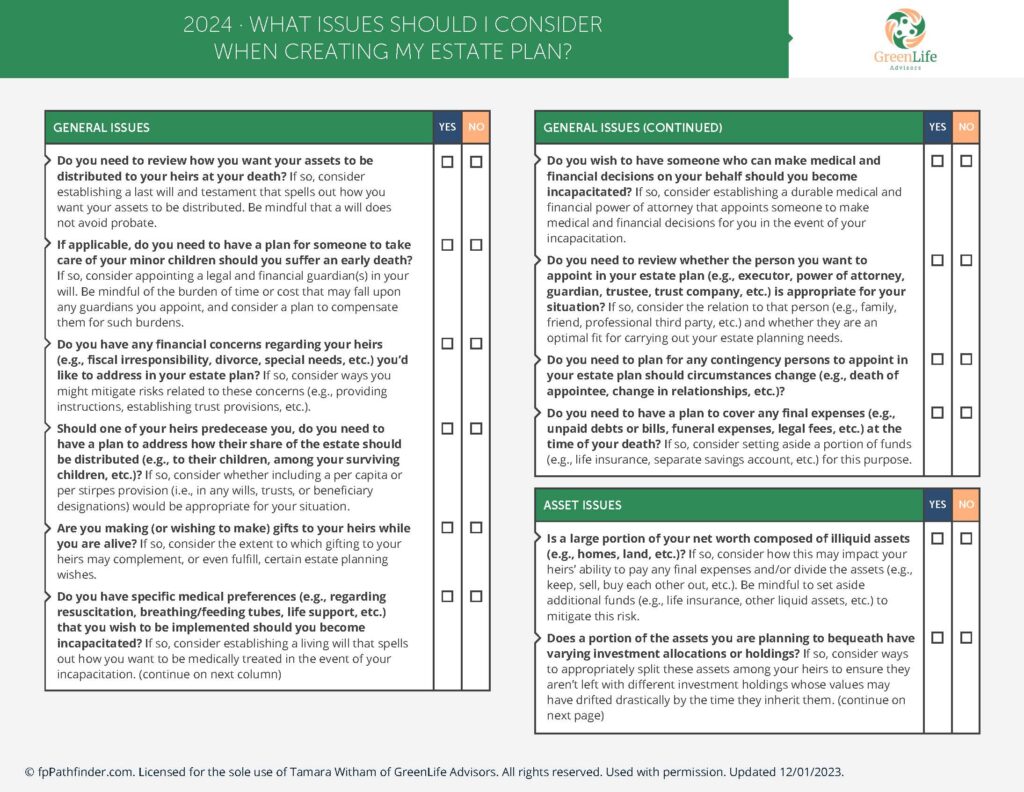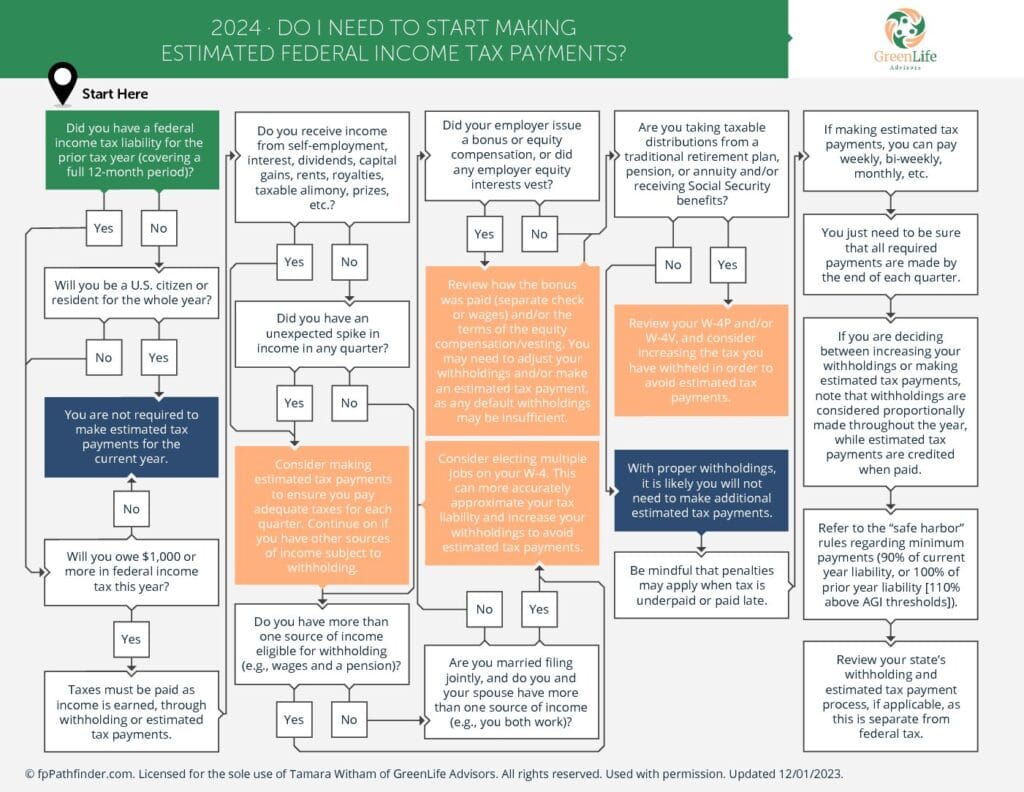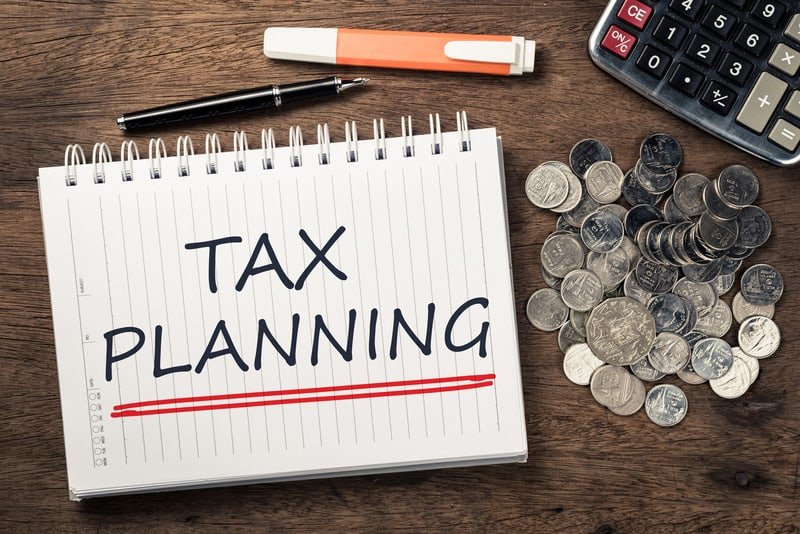Best Tips

How We Approach Investing For Our Clients
April 30, 2024
As financial advisors, our core mission is to create investment portfolios that maximize expected returns for each client's risk tolerance…
Lock in Bond Yields with a Ladder Strategy
March 13, 2024
As the economy stabilizes and the Federal Reserve contemplates interest rate reductions, bonds have become an increasingly attractive investment option.…
Avoid This Mistake With The IRS
March 4, 2024
Estimating your paycheck withholdings accurately is crucial. Underpaying can result in penalties and owing taxes at filing time. The law…
Get Organized: My Ultimate Tax Preparation Checklist
February 17, 2024
Get Organized: My Ultimate Tax Preparation Checklist It's that time of year again - tax season! As a busy person,…
Tax Planning Power
February 11, 2024
The Power of Incorporating Taxes into a Financial Plan I use tax planning software to incorporate a client's tax profile…
Dollar$ & $ense v.2
February 2, 2024
Avoid the Mistake Of Only Pre-Tax IRA
April 19, 2024
Don’t Do This In Your 20’s! Build Your Credit
April 19, 2024
Have You Saved Enough ICE?
April 19, 2024
The 50 30 20 Rule That Will Leave You Broke
April 19, 2024
Should I Put 20% Down For A New Car?
April 19, 2024

How to Choose the Right Certified Financial Planner™ for Your Needs
April 11, 2024
Find the perfect Certified Financial Planner™ in New York, Connecticut, and New Jersey with expert advice on financial planning, investment,…
Dollar$ & $ense v. 6
April 1, 2024
What I'm Working On How First-Gen Americans and Foreign-Born Individuals Benefit From Financial Planning First-generation Americans and foreign-born individuals are…
Our Expertise with First-Gen Americans and Foreign-Born Clients
March 28, 2024
What is a common financial planning challenge unique to first-generation Americans and foreign-born individuals and families that you frequently encounter…








